Release: NIH announces winners of prize competition to improve postpartum maternal health and health equity through innovative diagnostics
Eight winning teams developed home-based and point-of-care diagnostics, wearables and other accessible technologies to
improve postpartum health outcomes in regions that have limited access to maternity care.



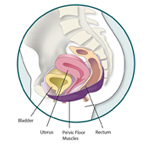



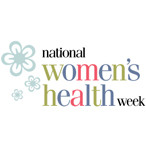
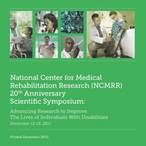
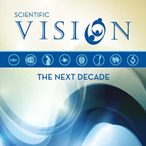
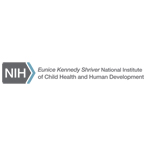
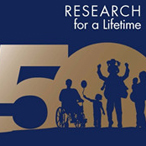
 BACK TO TOP
BACK TO TOP